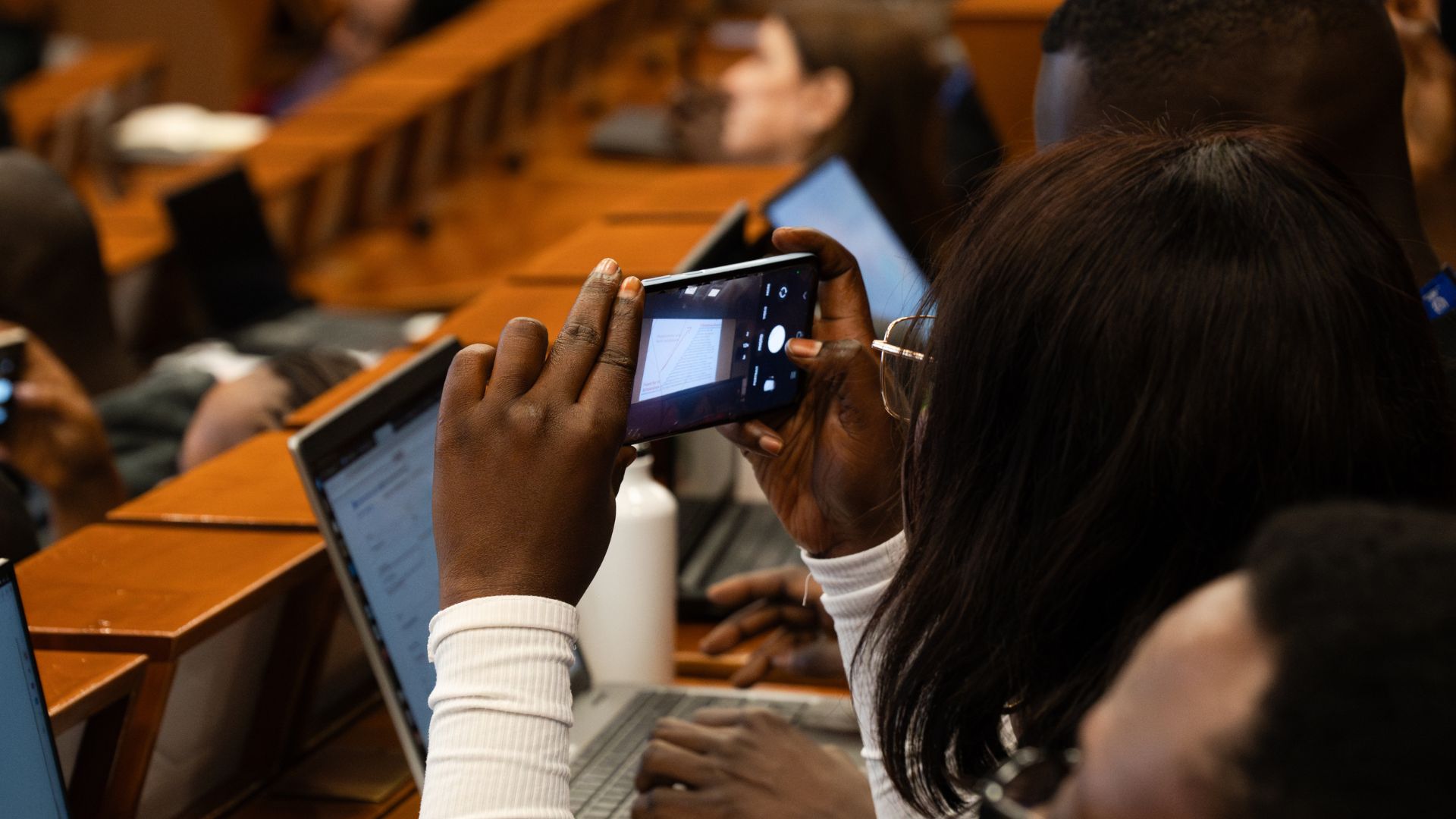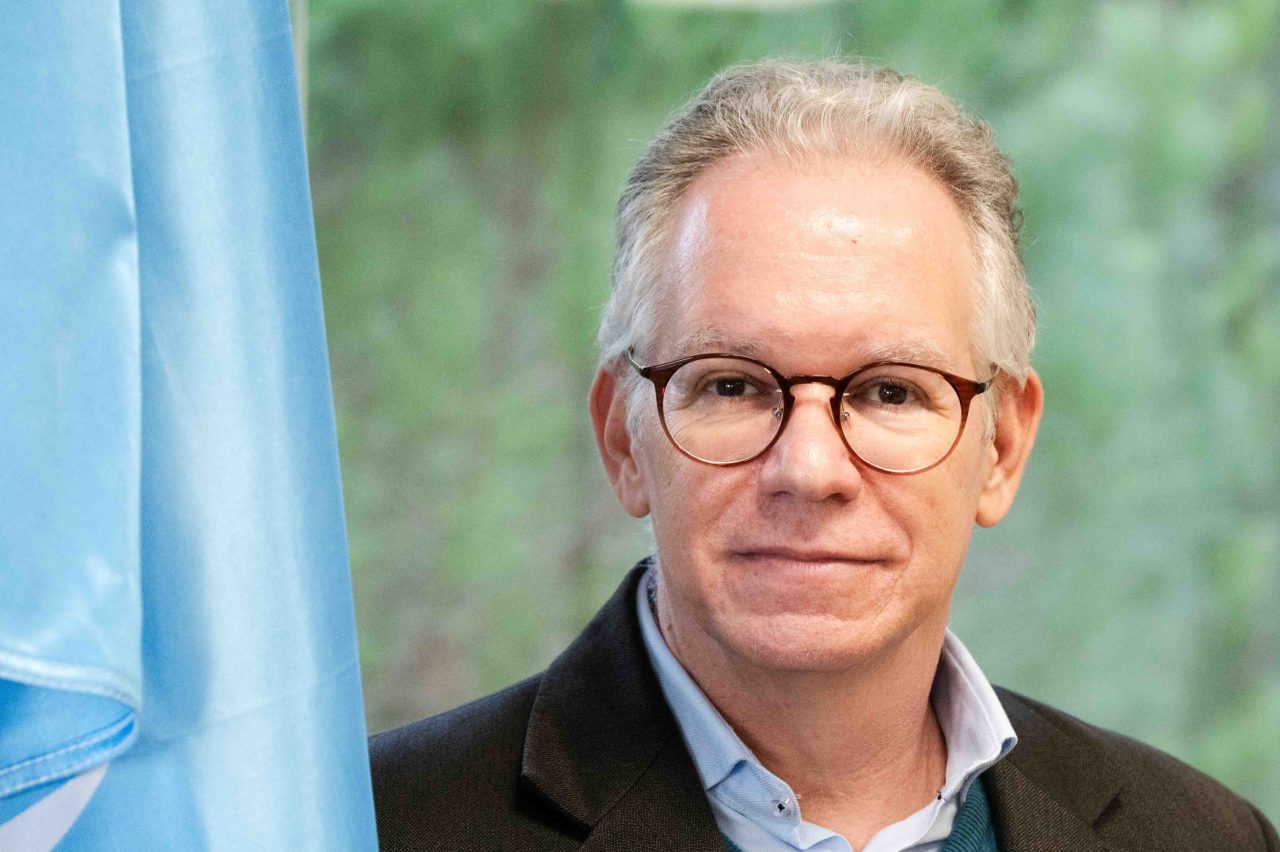
Access to reliable, inclusive, and timely information of science is more important than ever, especially for anyone who wants to keep up with the rapid technological transformations in the world. That’s why the TWAS Newsletter—a flagship publication of our Academy—is free to subscribe for anyone, anywhere.
This is not just a gesture of openness. It’s a strategic commitment to global equity in science communication. That’s why I encourage everyone to forward this edition to colleagues, students, and friends—and invite them to subscribe today.
For over four decades, TWAS has been a leader in science-based development, connecting elite and early-career scientists from the global South with international stakeholders, decision-makers, and institutions. Our communication platforms—including the Newsletter, website, social media, and multimedia content—reach over half a million people worldwide, from Nobel laureates and UN agencies to ministries and grassroots researchers.
The TWAS Newsletter is a cornerstone of this effort. It brings stories of scientific excellence from developing countries to a global audience, shedding light on the challenges and breakthroughs that shape our shared future. It is a space where science meets diplomacy, and where local innovation meets global relevance.
The Newsletter was launched in 1989 to fill a critical gap: providing scientists in the global South with an authoritative and up-to-date source of information. It was written, printed, bound, and shipped from TWAS headquarters in Trieste, Italy, to all corners of the world. Over the decades, the landscape of scientific communication has changed dramatically. The days when researchers in many parts of what was once called the “Third World” lacked access to science news and information are largely behind us. Today, the internet allows for the instant sharing of knowledge and is accessible in most, if not all, countries across the global South.
In response to growing concerns about sustainability and the need for greater efficiency, the Newsletter transitioned to a digital PDF format distributed via email and published on twas.org. Then, in June 2023, it reached a new milestone: it became a fully digital publication, no longer in PDF format, and delivered directly to the inboxes of TWAS Fellows, Young Affiliates, and partners four times a year. Opening the subscription to everyone is the next logical step.
But many more steps are needed to ensure science communication is accessible to all.
As the Organisation for Economic Co-operation and Development (OECD) noted in 2023, “effective science communication is critical for building public trust in science.” This was never more evident than during the COVID-19 pandemic, when clear, accessible communication saved lives. Today, as we face the climate crisis, the stakes are just as high.
Yet many institutions in the developing world still lack formal training in science communication. A 2023 global study found that out of 122 university programmes in science communication, only three were in Africa. This gap leaves many scientists without the tools to influence policy, secure funding, or share their work with the public.
To help address this, our Academy included science communication training as part of the 2024 TWAS Skill Building Workshop held in Dakar, Senegal, which brought together African scientists for hands-on learning. TWAS is also actively seeking partners to launch a flagship Science Communication Programme aimed at equipping researchers with the knowledge and skills they need to ensure their work has impact—both inside and outside the lab.
By opening the subscription of the TWAS Newsletter freely to everyone, we hope to empower more scientists, inform policymakers, and inspire the next generation of researchers.
This is a small step, but not the final destination. Much remains to be done to ensure that science communication is inclusive, accessible, and impactful.
Subscribe today—and be part of a global conversation that matters.

